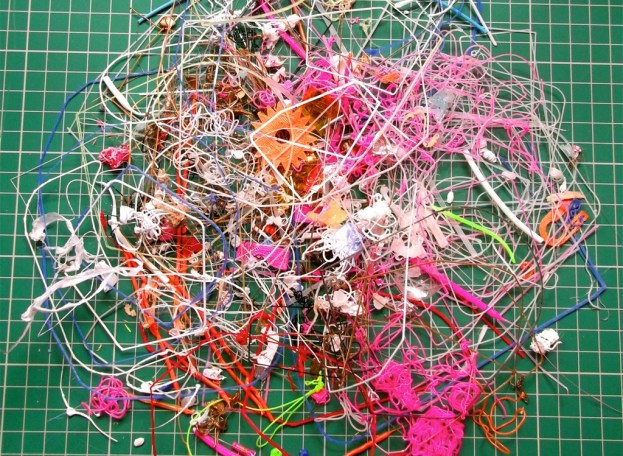 Oh, hello, and welcome back to this week’s tech lingo watch. Today we talk about how you properly credit a source on Twitter, how to ask someone to send you an Instant Message, and more ways to refer to various subjects on the Web.
Oh, hello, and welcome back to this week’s tech lingo watch. Today we talk about how you properly credit a source on Twitter, how to ask someone to send you an Instant Message, and more ways to refer to various subjects on the Web.
Hat Tip
A recognition or acknowledgment to a source from which you’ve found content. On Twitter, this is often shorthanded as “H/T” followed by a proper name or Twitter handle. The same can be done at the end of a news post, where the author credits the news outlet or person who tipped the story.
“@nattgarun .@burgerking got hacked! (h/t @AndrewCouts) pic.twitter.com/2b9OYVnn“
Crapject
Useless, non-biodegradable objects created by 3D printers. The rise of 3D printing and wide availability to the general market has spawn some great inventions. At the same time, many environmentally unfriendly items are also being spewed out, creating what’s essentially plastic scraps and giving rise to a whole new market of waste. The term “Crapject” first spread around on a Changeist.com article before it got picked up by other publications, such as The New Inquiry and Vice Magazine’s Motherboard blog.
“The more 3D printers we put in scientist wannabe’s hands, the more crapjects they’re going to produce.”
Ping
Ping originally refers to the act of sending a signal to a network to test whether the address is live. Nowadays, the term is used in a chatting context. When someone wants you to contact them via Instant Messaging, they will likely ask you to ping them – as one would to a network to (hopefully) get a quick response.
“Writer: Can we talk about today’s assignments?
Editor: Sure, ping me in five minutes.”
Big Data
A really big set of data. Like, ginormous. Large enough for companies like HP and Microsoft to spend billions of dollars on software firms to help analyze various data sets instead of running them through a regular program or human research team. The catch-all term “Big Data” can be used in various contexts, from science data sets to social data. For example, think about the data currently bring processed by the Library of Congress’ Twitter archive. With live, incoming tweets every second, the LoC has a long way to go before it will completely save every tweet that ever hit the Web.
“Bing needs to refine its big data accumulation to provide the best search results if it truly wants to compete with Google.”
Check back next Monday for more of our weekly jargon lesson!
Editors' Recommendations
- The most innovative tech products of 2023
- The Future of Vision: Augmented reality contact lenses will make you bionic
- Need a haircut? Professional barbers can guide you through the whole process
- VR is making medical training cheaper, better, and more accessible than ever
- Where’s the green? CES 2020 was surprisingly low on environmental tech


